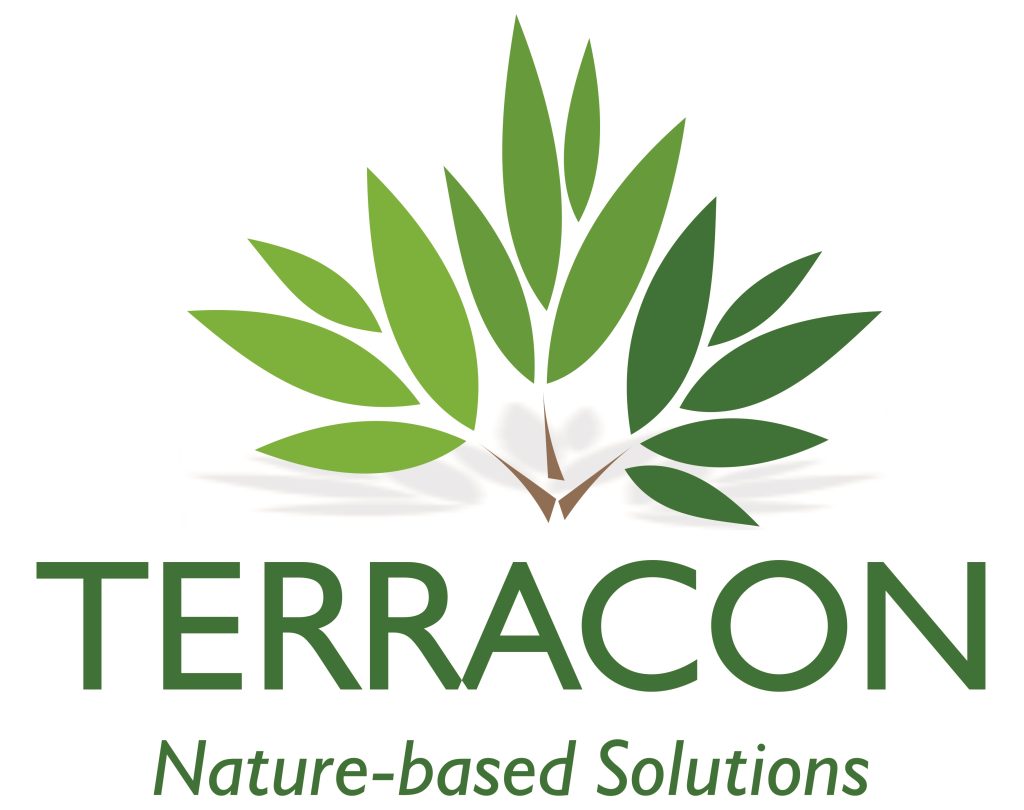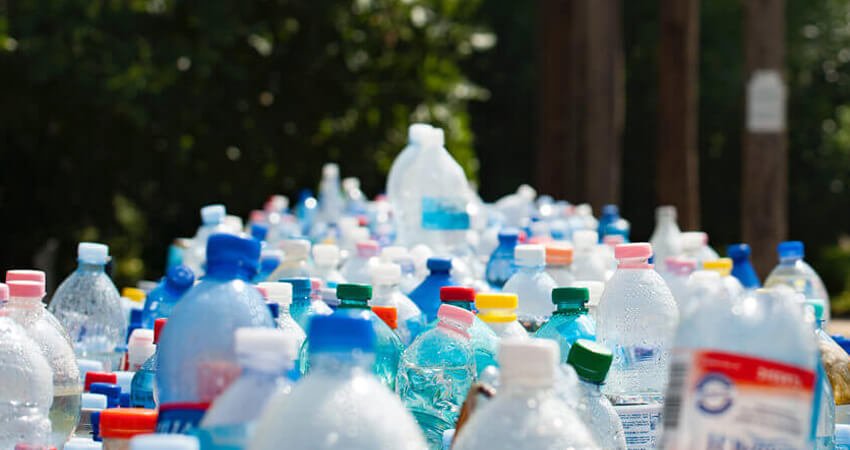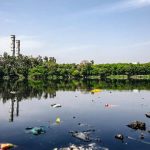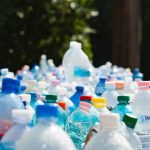
Plastics offer extensive benefits for the future. It is evident that our current approaches for production, use, and disposal are not sustainable and poses a threat to wildlife and human health. We are asking you to ‘Break Up with Plastic’ and find yourself a better match to show your love for the planet earth. Ditch single-use plastic, find better alternatives and switch to reusable and more sustainable products and solutions. Plastic including microplastics is now ubiquitous in our natural environment. They are becoming part of the Earth’s fossil record and a marker of the Anthropocene, our current geological era. They have even given their name to a new marine microbial habitat called the “plastisphere”.
The Central Pollution Control Board had estimated that India generates around 15,342 metric tonnes of plastic was generated per day in these 60 cities, which is approximately 5.6 million tonnes per annum (MTA). The Government of India notified the Plastic Waste Management (Amendment) Rules, 2021 in August last year, prohibiting 19 single-use plastic items by 2022.
Every plastic item that has ever been created is still with us. Up to 13 million tons of plastic waste end up in the oceans every year. Plastic pollution devastates local economies, damages fishermen, and destroys tourism potential.
We produce more than 300 million tons of plastic per year. More than 8 million tons of plastic are dumped into our oceans every year. This is equivalent to dumping a truck of plastic into the sea every minute. It is now predicted that by 2050, there will be more plastic in the oceans than fish and that 99% of seabirds will have ingested plastic. We have adopted a “disposable” lifestyle which estimates that around 50% of plastic is used just once and thrown away. Plastic is an unnecessary and unsustainable waste. Only two types of plastic – polyethylene terephthalate (PET, used for synthetic fibers and water bottles) and high-density polyethylene (HDPE, used for jugs, bottle caps, and water pipes are routinely recycled).
Microplastics (< 5 mm in size) are known to be widespread in the marine environment but are still poorly studied in polar regions, particularly in the Antarctic region. Recent studies have found microplastics in human blood, lungs, and placenta.

The Plastic Industry has contributed significantly to the growth of the Indian economy. The key growth drivers are agriculture and food packaging, in addition to other sectors such as Infrastructure, automobiles, etc. Although recycling plastics is technically feasible and is practiced, lightweight and smaller plastic products are difficult to collect effectively for recycling. They tend to leak into the environment, contaminating open land, landfills, and waterways. A recent study identified over 8,000 chemical additives used for plastic processing, some of which are a thousand times more potent as greenhouse gases than carbon dioxide. Products like single-use packaging, plastic resins, foamed plastic insulation, bottles, and containers, among many others, add to global greenhouse emissions.
Most plastic cannot be recycled, only downgraded, and it’s often incinerated or used as fuel in waste-to-energy plants, sometimes known as chemical recycling. While plastics are worth three to four times as much fuel as scrap, these recycling processes release more carbon dioxide into the atmosphere, adding to the greenhouse effect.
Why should you break up with plastic?
By 2050 there will be more plastics in the sea than fish. Let go of your toxic relationship with single-use plastic, there’s a better match for you out there! When you are spending time outdoor don’t forget:
- Carry your stuff in a reusable bag and use that to bring back home any waste.
- Curb using plastic cutlery and plates instead to eat outdoor make sure you have your reusable cutlery with you!
- Don’t buy bottled water, simply fill in your reusable bottles before leaving your home.
- Use a reusable coffee mug or tea cup.
- Use bamboo earbuds or use ear drops as an alternative.
- Use reusable or biodegradable containers made of eco-friendly materials like glass, food-grade stainless steel, bamboo, rice husk, etc.
- Use reusable cutlery made of stainless steel or use biodegradable ones made of wood, bamboo, or other natural fibers. Don’t forget to say no to plastic cutlery while ordering food online by opting not to include it. Also carry steel, bamboo, or wheat straws when going out.
- The benefit of using biodegradable cups is that they are safe for people to use. There continue to be health risks and hazards that come with the use of Styrofoam and certain plastics. Biodegradable cups or using alternatives like steel or ceramic cups tend to be completely chemical-free.
- Polybags are made from petroleum and are non-biodegradable, and manufacturing paper bags requires large quantities of wood, it is advisable to use jute and cloth bags, which are made from renewable natural fiber. Strong and can carry more weight as compared to promotional carry bags. They are durable and long-lasting, strong, and can carry more weight as compared to promotional carry bags.
- In Thailand, where the plastic problem is reaching crisis proportions, one supermarket has opted to go plastic-free in favour of banana leaf-and-bamboo packaging. And while banana leaves may only be practical where they’re readily available, this does reinforce the idea of using local, compostable materials.
- Those yellow and green sponges you’ve probably been using your entire life are made out of plastic which are been accidentally washing tiny particles of plastic into the sea.
- The Chief Scientist for Ocean Conservation (George Leonard) estimates there are 1.4 million trillion microfibers in the ocean. Hence, use a natural cellulose sponge, loofah, or wooden brush, or sustainable dishcloths.
Wasteful packaging is quickly going out of fashion. Support those businesses that are ahead of the curve and offer alternatives to single-use plastic packaging. When you’re purchasing, ask the retailer whether they’re using sustainable, reusable, or returnable packaging. Some retailers and brands are now moving towards using compostable packaging. It may not be commercially viable on a mass scale just yet, but it’s getting there. So, say ‘NO’ to single-use plastics and ‘YES’ to zero-waste packaging.
Written by:
Priyanka Gaikwad
Analyst- Social Media & Content Writer
Terracon Ecotech Private Limited




